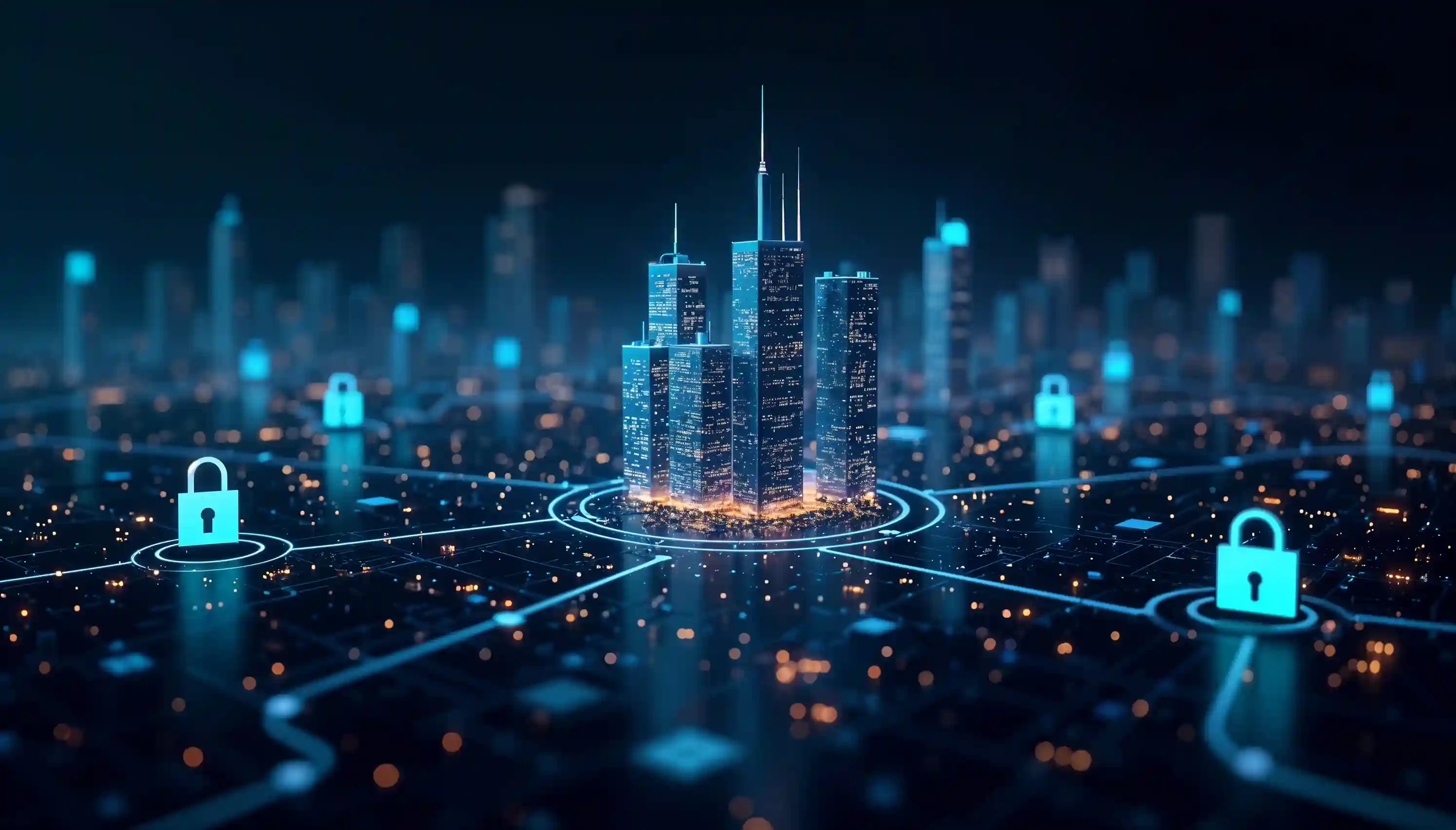Remote Real Estate: How Technology is Fighting Identity Theft

Remote Real Estate: How Technology is Fighting Identity Theft
Property markets have shifted dramatically toward technological innovation in recent years. Automation of tasks like virtual property tours, e-signatures, and document management via the cloud has eased processes for buyers and renters. At the same time, however, this has made people vulnerable to identity theft. As stated in the Australian Cyber Security Centre’s Annual Cyber Threat Report 2023-24, federally funded bodies reported more than 930 active threat exposures or attempts in fiscal year 2023/2024. This represents a significant drain on finances and sensitive data. In a separate survey, many people lost approximately 2.7 billion due to scams in 2023. Scams exacerbated breaches for sensitive data exposed on the internet. Other reported incidents exceeded 600,000.
Applying secure ICT systems effectively defends sensitive data while guaranteeing safe online transactions.
The Growing Threat of Identity Theft in Real Estate
Real estate transactions happening online have opened up new avenues for cybercriminals to exploit. Phishing scams in which scammers take on the roles of real estate practitioners or even financial institutions form part of the problems. Misleading emails with hyperlinks are sent to buyers to entice them to provide sensitive information or scam bank account wiring. Wire fraud constitutes a major concern, with hackers eavesdropping on email conversations and impersonating the accounts that the transfer instructions are emanating from. Real estate wire fraud victims lose $106,000 on average per incident.
Scam artists also resort to using deepfake technology whereby they create realistic IDs masquerading as individuals using their real details along with synthetic identity fraud which enables them to pose as sellers or buyers. Misleading listings of property are used to defraud deposits and other identifying information from innocent renters and buyers.
In 2023 alone, the FBI documented 9,521 real estate fraud complaints which accounted for 145.2 million dollars in claimed losses. In addition, more than seventy five percent of respondents drawn from members of the real estate industry admitted they experienced within a span of 12-15 months of a cyber incident. What’s more, the frequency of these incidents rose by 22% from the previous year.
Common Cybersecurity Vulnerabilities in the Industry
Due to lax security protocols, many real estate practitioners stranger themselves and their clients to cyber risks. Simple passwords and no multi-factor authentication (MFA) makes it easy for hackers to access sensitive accounts. Correspondences conducted over email are usually not encrypted, putting the details of the transaction in the path of prying eyes.
Remote access employed in real estate business processes makes it possible for a practitioner to connect to the firm’s network on public Wi-Fi. This connection increases the chances of an attack being carried out. Moreover, non-updated versions of the software or systems with uninstalled security patches are a major weakness. As a result of weak security controls, these agents and firms are easy prey for criminals.
ICT Solutions for a More Secure Real Estate Industry
In real estate, technology can solve problems and create them. With AI, unauthorized access and data interception are protected through multi-factor authentication for all logins and encrypted communications. Deepfake and synthetic-IDs scams are blocked in real time through identity verification. Blockchain contracts allow for tamper-proof transparency. Regular cybersecurity training mitigates risk from human error while cyber insurance covers losses from wire fraud, data breaches, and identity theft.
To address evolving threats, real estate professionals are increasingly relying on integrated platforms that combine proactive threat detection, secure communications, and identity verification. These platforms provide complete protection for each remote transaction.
ICTechnology offers a suite of solutions:
- Multi‑Factor Authentication (MFA): Block unauthorized log‑ins with app‑based, SMS or hardware‑token second factors.
- Encrypted Communications: Secure gateways guarantee restricted access to emails and documents.
- AI‑Powered Identity Verification: Run real‑time checks against government records to spot synthetic IDs and deepfake videos.
- Blockchain Transaction Records: Anchor contracts in immutable ledgers so any tampering immediately stands out.
- Penetration Testing & Training: Combine technical audits with staff workshops to eliminate blind spots and human‑error vulnerabilities.
When layered together, these measures form a robust defence against fraud—letting you focus on closing deals rather than chasing down threats. ICTechnology’s bespoke cyber‑security solutions can slot effortlessly into your existing workflow
Regulatory Compliance and Industry Standards
To combat cyber security threats, real estate firms must comply with data protection regulations such as the General Data Protection Regulation (GDPR) in Europe and the California Consumer Privacy Act (CCPA) in the U.S. These laws ensure that companies handling client data follow strict security protocols.
The Financial Crimes Enforcement Network (FinCEN) has also established rules requiring enhanced due diligence in real estate transactions to prevent fraud and money laundering. Failing to comply with these regulations can lead to hefty fines, legal action, and reputational damage.
The Future of Secure Remote Real Estate
As real‑estate market is transitioning into the digital era,and with the risk of identity theft and fraud has never been higher. Phishing‑laden emails and payment‑redirection scams to deep fake IDs and the even more advanced synthetic identities require a blend of advanced verification, encrypted communication and vigilant IT management to protect client data and transaction integrity. This blog has taken you through the developing strategies that cyber‑fraudsters are using to target online property transactions and how the proactive methods can help to keep each stage in your process safe.
ICTechnology are your proud tech partners at the heart and soul of your business. Combining AI‑powered identity checks,blockchain‑anchored contract records, cyber security solutions and 24/7 managed IT support, ICTechnology forms an unbroken chain around your digital property interactions. With continual vulnerability assessments, automated patch management and reliable offsite backups, we ensure your systems remain robust even as cyber threats advance. So arrange a complimentary security review today and give your clients the confidence that their next property transaction is safeguarded from end to end.
References
- American Land Title Association. (n.d.). American Land Title Association. Retrieved May 6, 2025, from https://www.alta.org/
- Ostrow Reisin Berk & Abrams, Ltd. (n.d.). ORBA. Retrieved May 6, 2025, from https://www.orba.com/
- PYMNTS.com. (n.d.). PYMNTS. Retrieved May 6, 2025, from https://www.pymnts.com/ORBA





